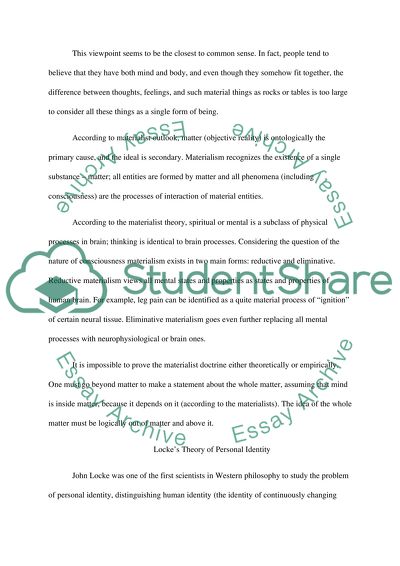Cite this document
(“Descrates' Substance Dualism Admission/Application Essay”, n.d.)
Retrieved from https://studentshare.org/philosophy/1450774-assignment
Retrieved from https://studentshare.org/philosophy/1450774-assignment
(Descrates' Substance Dualism Admission/Application Essay)
https://studentshare.org/philosophy/1450774-assignment.
https://studentshare.org/philosophy/1450774-assignment.
“Descrates' Substance Dualism Admission/Application Essay”, n.d. https://studentshare.org/philosophy/1450774-assignment.


